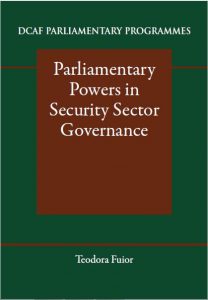
This publication contains two sections: First, an introductory text on parliamentary oversight with the aim to help parliamentarians and non-parliamentarians alike to understand what the powers of an ambitious, competent and well-prepared parliament and its committees can be and what good they can do. Secondly, the publication contains a ‘self-assessment’ kit that helps parliamentary and non-parliamentary security and governance experts understand where their parliament stands and what further improvements could be made in the light of ‘best practices’.
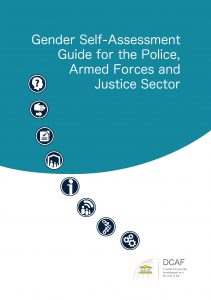
This self-assessment guide is a tool for assessing the gender responsiveness of a security sector institution. A gender-responsive security sector institution is one that both meets the distinct security and justice needs of men, women, boys and girls and promotes the full and equal participation of men and women. While it can be used by other security sector institutions, the guide is particularly designed for use by police services, armed forces and justice sector institutions, and those working with them.
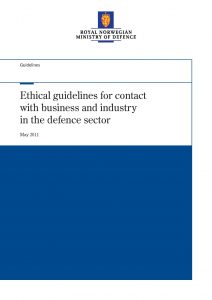
“Ethical Guidelines for Contact with Business and Industry in the Defence Sector” was first issued by the Ministry of Defence in April 2007. This revised edition of these guidelines aims to clarify and simplify the rules that apply. The revision is part of the development of the Ministry of Defence's Action Plan for Attitudes, Ethics and Leadership (AEL).
For more information please
download the document Eng
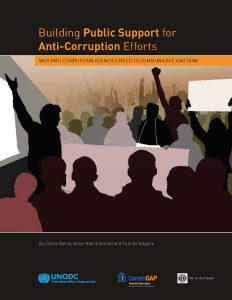
This paper provides a practical overview of how an agency may work with the media to win the support of the public in the fight against corruption. The paper is intended as a “how-to” guide to help agencies understand how to control the way they present themselves to the public, how to frame their agencies’ work, and how to develop allies in the press and the community at large. Overall, this paper is designed to help anti-corruption agencies become more effective in fighting corruption.
For more information please
download the document Eng
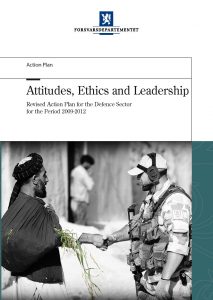
The Norwegian defence sector’s employees face ethical and attitudinal challenges and dilemmas every day: in military operations, in contact and collaborations with business and other private and public actors, in research activities, or in day-to-day work. Therefore, leaders and employees must always be equipped to make good decisions. Latter is the objective of this publication which provides an action plan on attitudes, ethics and leadership.
For more information please
download the document Eng
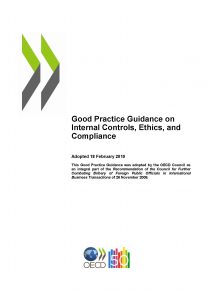
This Good Practice Guidance is addressed to companies for establishing and ensuring the effectiveness of internal controls, ethics, and compliance programmes or measures for preventing and detecting the bribery of foreign public officials in their international business transactions. Guidelines are also addressed to business organisations and professional associations which play an essential role in assisting companies in these efforts. It recognises that to be effective, such programmes, or measures, should be interconnected with a company’s overall compliance framework. This Guidance is intended to serve as non-legally binding guidance to companies in establishing effective internal controls, ethics, and compliance programmes or measures for preventing and detecting foreign bribery.
For more information please
download the document Eng
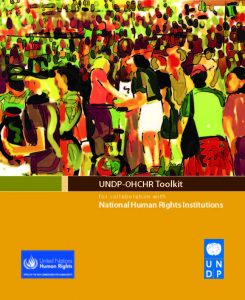
The Toolkit identifies good practices and support strategies for projects aimed at supporting organisational development and capacity assessment generally, with a focus on the two substantive areas of NHRI work:
- Protection mandate: investigations, effective complaints handling strategies, alternative dispute resolution and conflict resolution (at both the individual and community levels), public inquiries and monitoring.
- Promotion mandate: good practices in public education, media relations, advice and assistance to government, reports, policy development, and programs of cooperation that can “leverage” resources and achieve broader impact.
For more information please
download the document Eng
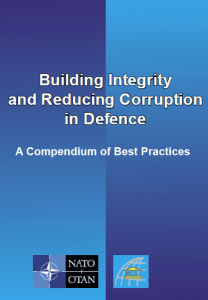
This compendium is the product of cooperation between Transparency International UK, the NATO Program for Peace team, and DCAF. The Compendium focuses on concepts and tools which ensure good practices in defence management and policy through “building integrity.” Designed primarily as an introduction and reference tool, defence personnel, civilians in the defence sphere, democratic institutions, and civil society will also find materials on building integrity and anti-corruption measures which are relevant to their own security governance activities.
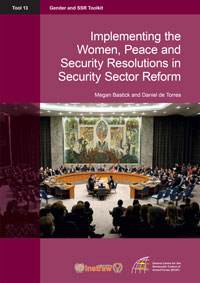
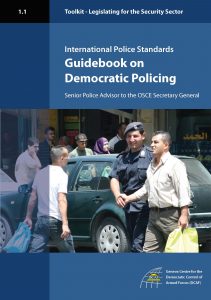
This toolkit contains international standards and principles of democratic policing. The guidebook is designed to assist OSCE staff dealing with police and law-enforcement issues as well as police practitioners and policy-makers working to develop and strengthen democratic policing. It serves as a reference to good policing practices and internationally adopted standards. The guidebook articulates the objectives of democratic police services and forces, the importance of their commitment to the rule of law, policing ethics, and human rights standards, the essential nature of police accountability to the law and to the society which they serve, and the need for their cooperation with the communities, recognizing that effective policing requires partnership with the communities being served. Furthermore, the guidebook elaborates on structural and managerial aspects within the police necessary in achieving and sustaining democratic policing.
For more information please
download the document Eng
Page 5 of 8



